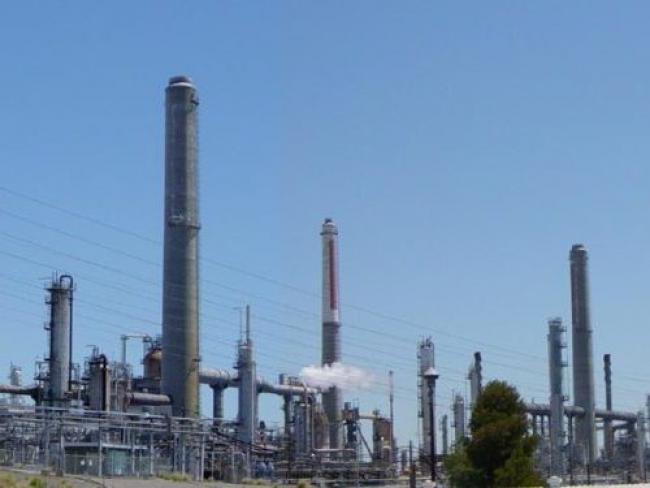Articles Menu

FEBRUARY 5, 2020
Colossal fossil Royal Dutch Shell says it now has less than eight years of oil and gas left in its available reserves, after reporting for six years in a row that it is using up those reserves faster than it replaces them.
And investors don’t seem perturbed by the news, even though reserve replacement ratio “was once considered a key metric for gauging the strength of the world’s major oil and gas companies,” Reuters reports.
“The days of companies having 15 years of reserves have largely gone,” Redburn analyst Stuart Joyner told the news agency. “With the energy transition you would expect reserve life to come down,” and Reuters adds that the 2014 oil price crash played a role in shifting investors’ focus to fossils’ immediate profitability, rather than their longer-term prospects.
“The reserve life of several of the world’s biggest oil and gas companies, including BP and Total, has dropped in recent years, but Shell’s is now significantly below the industry average in 2018 of about 11 years,” the news agency says. And it looks like the lavishly-subsidized, C$40-billion LNG Canada megaproject in British Columbia might be coming to the company’s rescue.
“To partly offset any concerns over the decline, Shell plans to tap third-party reserves from developments such as Canada’s giant liquefied natural gas (LNG) project,” Reuters writes, citing Joyner.
[Photo: Shell Oil Refinery - Leonard G/Wikimedia Commons]